Publications
Articles, publications, books, tools and multimedia features from the U.S. Institute of Peace provide the latest news, analysis, research findings, practitioner guides and reports, all related to the conflict zones and issues that are at the center of the Institute’s work to prevent and reduce violent conflict.
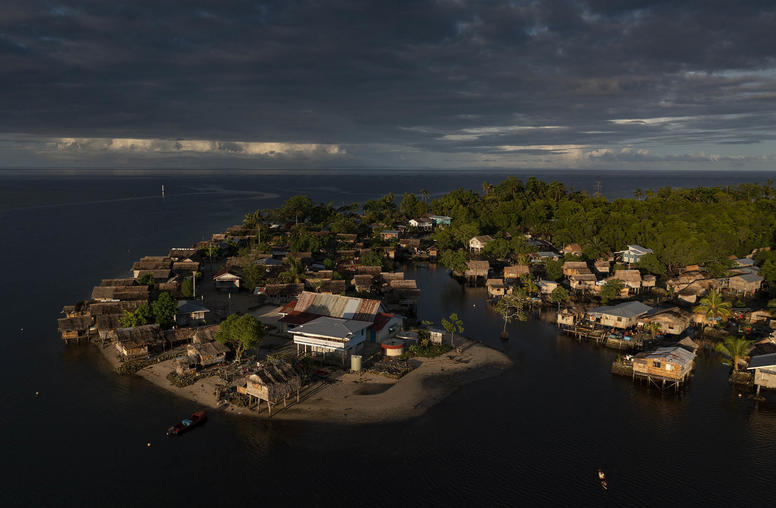
Pro-Taiwan Pacific Island Leaders Show Cracks in China’s Appeal
Most Pacific Island countries have formal diplomatic relations with Beijing. But at both the local and national level, some leaders are raising concerns about Chinese bribery, violations of sovereignty, clandestine intelligence operations and political interference in their countries, as well as the possibility that China may invade Taiwan. As Beijing forces its agenda on Pacific Island countries and competes with the United States for influence in the region, Washington should lead by example and build partnerships with the Pacific Islands that emphasize consulting with them as equals and focusing on areas of common interest, like climate change.
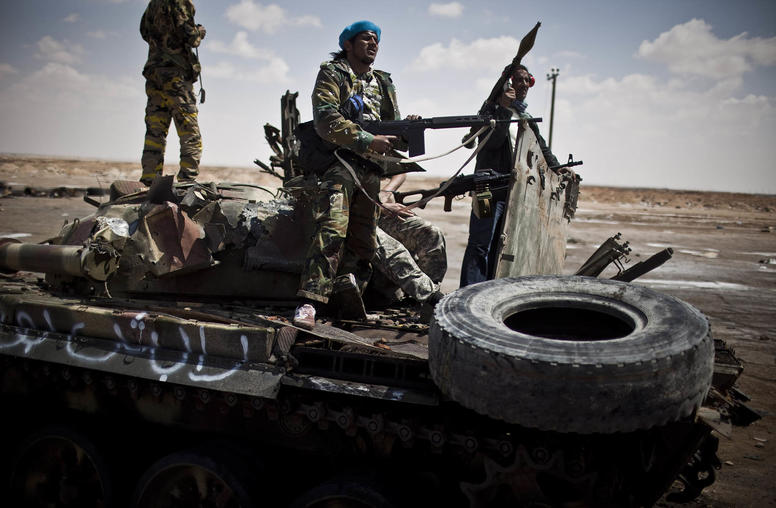
Libya Can Move Past Its Political Deadlock, But It Will Take Work to Maintain A ‘Deal’
Since 2012, multiple failed political transitions have taken their toll on the Libyan people. The continued and increasingly complex internal divisions and external vectors affecting Libya threaten to send it into another spiral of crisis and violence. Local and national leaders working in good faith to stabilize the country have inevitably grown cynical as ruling elites and their international partners fail to deliver local security and good governance.
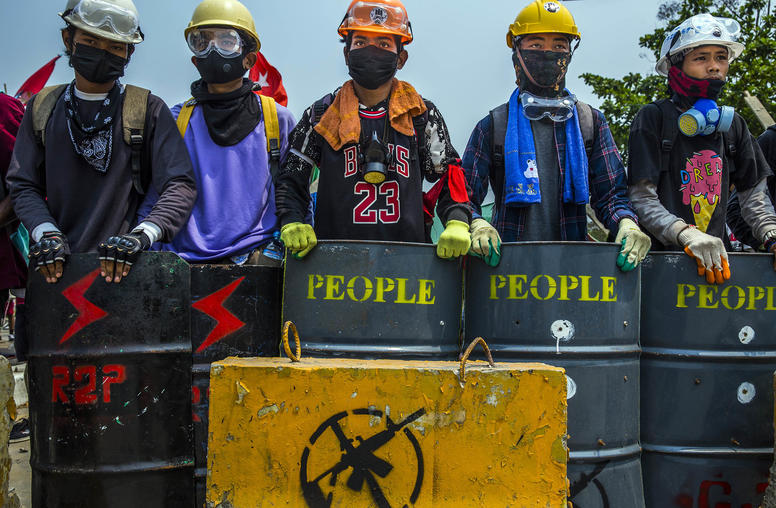
In Myanmar’s New Security Institutions, Power Should Be Community-Owned
Even as the civil war rages on, many pro-democracy groups in Myanmar have begun building their own governance and security institutions. As these new structures emerge, it’s important that they do not repeat the mistakes of the past.
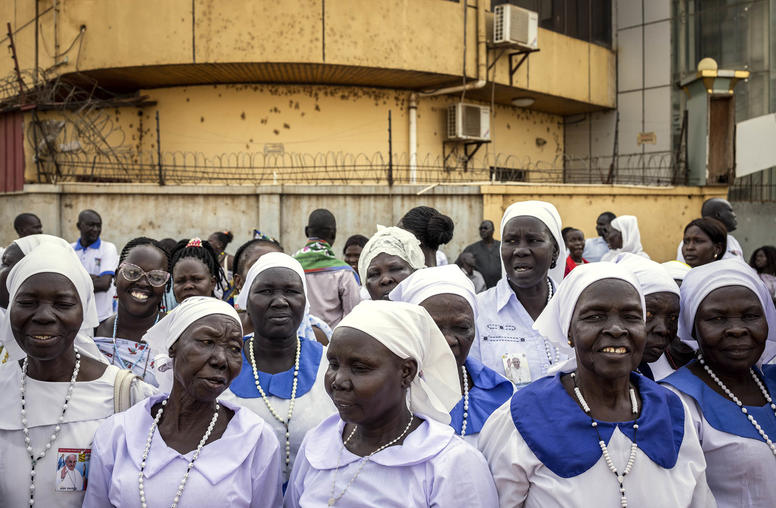
The U.S. Strategy for International Religious Engagement: 10 Years On
In 2013, the United States adopted its first ever “National Strategy on Integrating Religious Leader and Faith Community Engagement into U.S. Foreign Policy.” This White House strategy acknowledged the significant contributions of religious leaders and faith communities to human rights, global health and development, and conflict mitigation; and provided an interagency blueprint for integrating more robust engagement with religious actors across a broad range of foreign policy and national security issues. A decade later religious engagement remains a vital but underdeveloped capacity in U.S. foreign policy, and the strategy’s 10th anniversary offers a natural opportunity to revitalize strategic thinking and spur new action on this agenda.
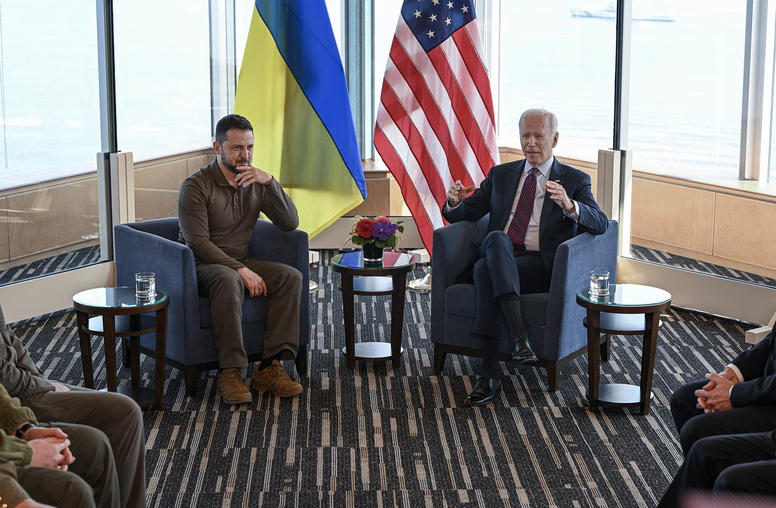
The United States Should Lead the Push for Peace in Ukraine
Recent weeks have witnessed several calls for peace in Ukraine. Ukrainian President Zelenskyy just wrapped up appearances at the G7 Summit and the Arab League, urging support for his country’s peace plan. China recently followed up the release of its February 2023 peace plan by sending its top diplomat, Wang Yi, on a European tour and dispatched peace envoy Li Hiu last week to Ukraine, Poland, Germany, France and Russia. At no time since Russia’s invasion of Ukraine, has there been so much momentum toward a peaceful resolution to the conflict in Ukraine. The United States should seize this opportunity to play a leading role.
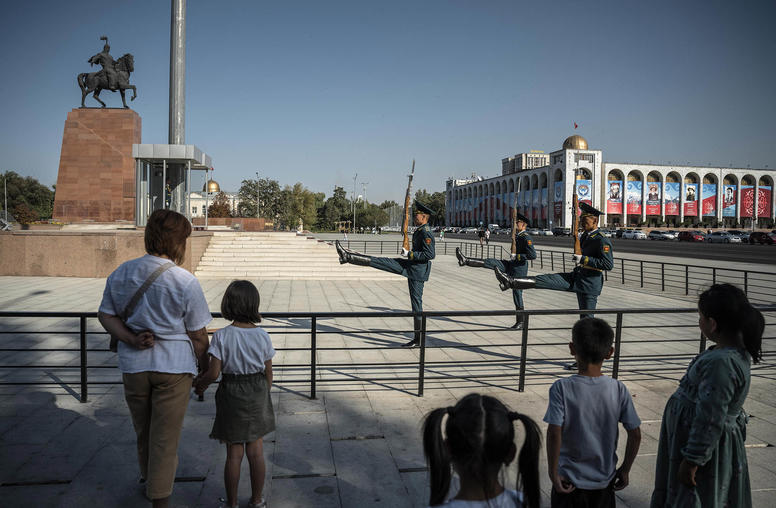
China Looks to Fill a Void in Central Asia
As the Group of Seven met at the end of last week in Hiroshima, Japan, China organized a summit with Kazakhstan, Kyrgyzstan, Tajikistan, Turkmenistan and Uzbekistan, marking a new chapter in Beijing’s engagement with the region. Central Asian states are looking for a new partner to help ensure their own security against domestic rebellions, as Russia’s war in Ukraine has limited Moscow’s ability to fulfill a longstanding role as a guarantor of domestic stability in the region. While most of the summit’s public discussion focused on economic and trade issues, China noted that it would help Central Asia enhance it’s law enforcement and security capabilities, which aligns with Beijing’s intensifying campaign for “global security.”
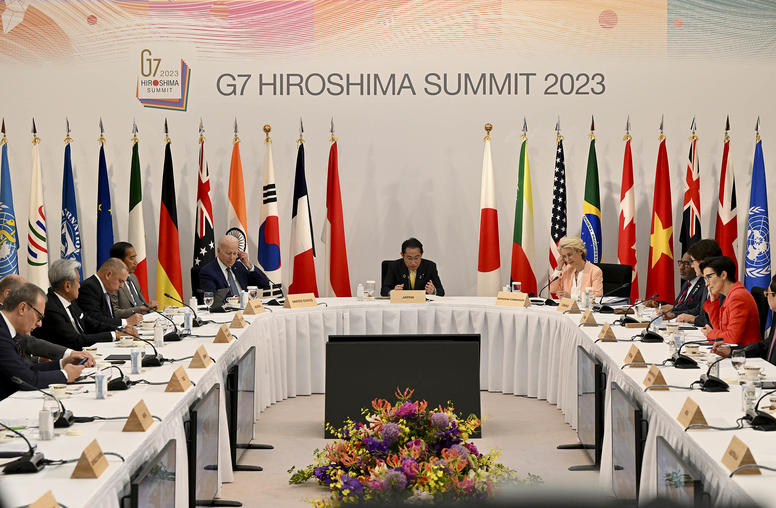
At the G7 Summit, Leaders Talk Tough on China but Moderate Tone
The major headline from this year’s G7 summit in Hiroshima was the appearance of Ukrainian President Volodymyr Zelenskyy and his push to end Russia’s war on his country. But another G7 concern, China, also featured prominently at the summit. While this year’s G7 leaders’ communique featured some more moderate language on China than last year’s, it also focused heavily on economic coercion, condemning a “disturbing rise” of the “weaponization of economic vulnerabilities” — a not too subtle jab at China’s economic statecraft. Still, even as U.S.-China relations remain tense, this year’s discussion of constructive engagement represents a shift more aligned with European and Japanese stances on how to deal with the challenges posed by China.
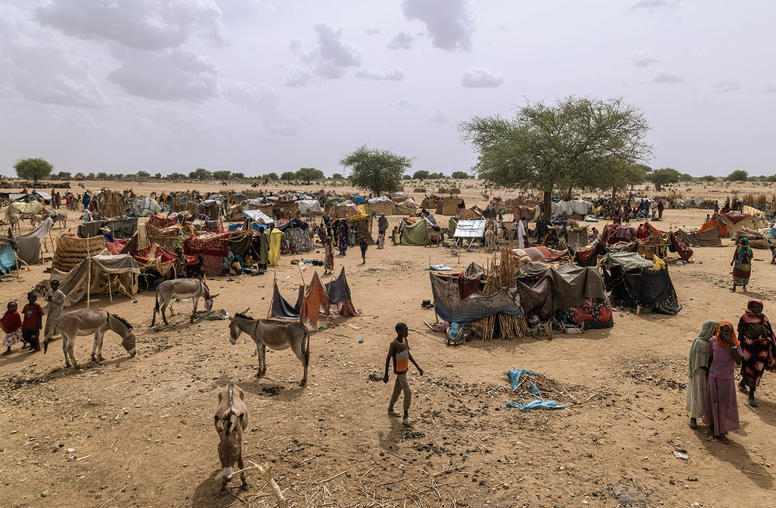
Sudan’s Crisis Offers New Lessons for Building Peace in the Sahel
Sudan’s five-week war has killed or wounded over 5,000 people, uprooted a million more — and reignited understandable frustrations over how U.S. and international policies can better prevent or respond to such upheavals. Amid heated policy debates, we should step back briefly to pinpoint lessons from this crisis that can improve our responses in Sudan and across the Sahel’s web of coups, insurgencies and extremism. Indeed, that task is urgent — both to address the complex evolutions in the region’s crises and to build support for smarter, steadier engagement, rather than a self-defeating retreat from the Sahel by global partners seeking democracy and stability.
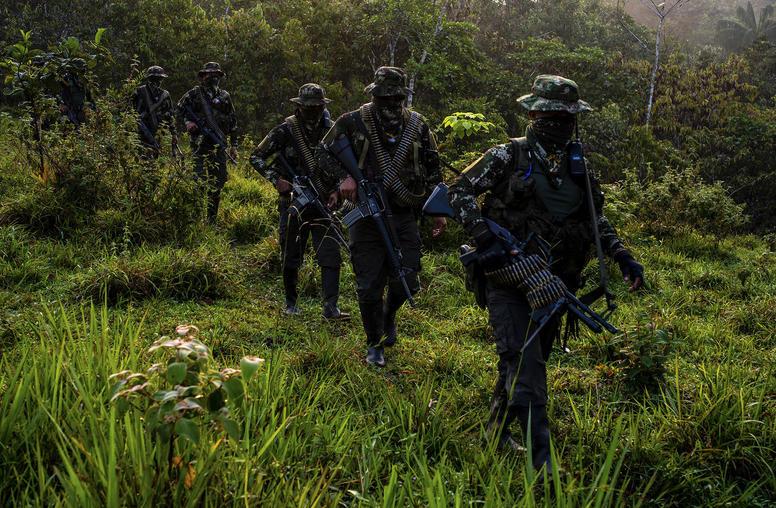
Colombian Civic Leader Offers a Grassroots Strategy for Peace
Nine months into new efforts by Colombia’s administration to achieve “total peace” with remaining armed groups following decades of civil war, that process should make room for the nation’s thousands of grassroots and community organizations to strengthen peace locally when the fighting stops, says a prominent civic leader from one of the country’s most violent regions. Stabilizing Colombia, where migration toward the United States and other countries soared last year, will require steady support from U.S. and international partners, said Maria Eugenia Mosquera Riascos, who helps lead a Colombian network of 140 civic and community organizations working to end violence.
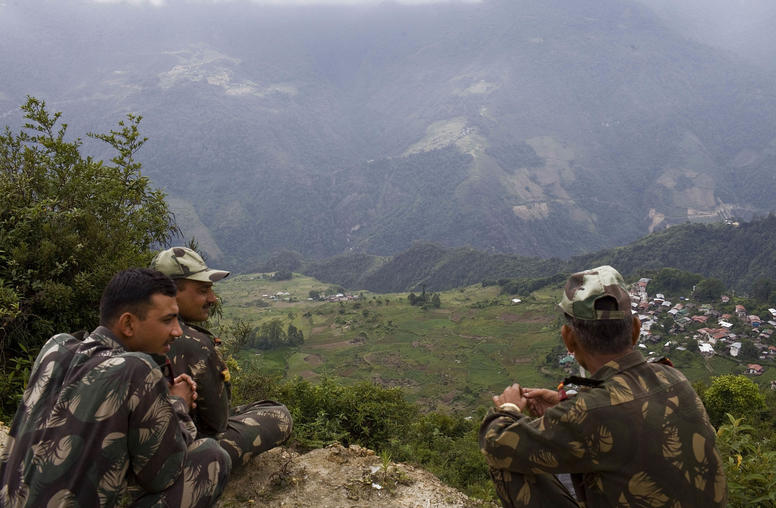
Why We Should All Worry About the China-India Border Dispute
The December 2022 clash between Chinese and Indian troops along the two countries’ 2,100-mile-long contested border — known as the Line of Actual Control (LAC) — highlights a worrying “one step forward, two steps back” trend. This brawl was the worst since 2020, when fighting in the Galwan Valley took the lives of 20 Indian and at least four Chinese soldiers. Although these clashes are often followed by dialogue and other steps to reduce tensions, both sides have increasingly militarized their border policies and shown no indication of backing down. And the situation on the border remains tense, as Beijing and New Delhi are hardening their positions on either side of the LAC, with the potential for escalation between the two nuclear-armed powers.